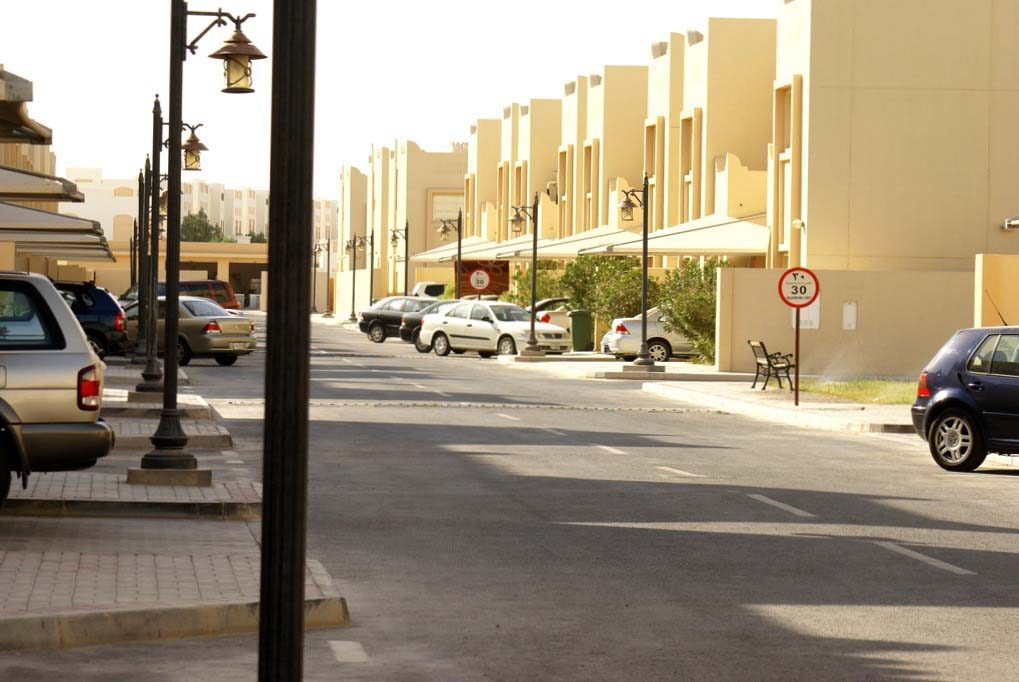
A new report says there are no signs that Qatar’s red-hot real estate market will cool in the coming months as rents increase at the fastest pace in six years.
In a recent economic commentary report, Qatar National Bank Group said residential rents rose 7.9 percent year-over-year in August.
The report cited robust economic growth as the main reason, as Qatar’s many development projects are bringing more people to the country and increasing the incomes of existing residents.
The growth in turn has been pushing up land prices. QNB says there is correlation between the price of land and rentals, albeit with a six-month lag. As the price of development sites go up, landlords attempt to recoup their higher costs by increasing the rental rates for villas, apartments and office space.
Following an eight-month lull, land prices have been rising rapidly since March – a trend QNB said it expects to continue through 2014 and 2015.
Precedence
The last time rental rates were this high was in 2008. At that time, the government intervened in the housing market by imposing a two-year moratorium on rental rate hikes for most residential leases.
Recently, there have been calls for authorities to step in again. Late last month, a member of the Central Municipal Council said a law is needed to cap rental increases at no more than 10 percent every two years.
Mishal Al Dahnim said allowing rents to be determined by market forces of supply and demand would lead to an “unprecedented crisis.”
However, while rent control measures provide short-term relief to tenants, they may make problems worse in the long run by reducing the financial returns available to investors and developers – discouraging them from constructing new homes.
However, some real estate firms say homebuilders are already not constructing enough villas and flats for Qatar’s rapidly growing population, leading to a looming housing shortage – especially for low and middle-income expats.
Inflation projections
Housing is one of the biggest expenses for Qatar residents and a primary driver of inflation.
QNB said it expects rising rents to cause inflation to climb to 3.4 percent this year and up to 4 percent in 2015-16.
This overall inflation rate is expected to be tempered by declining international food prices, brought on by record global harvests and large stockpiles. However, several food importers told Doha News last month that they’ve yet to see any savings on their shipments.
QNB also forecasts that the cost of other imported products – namely clothing, footwear, furniture, textiles and home appliances – will only rise modestly in the coming months, helping to restrain the rise in the cost of living in Qatar.
Thoughts?







